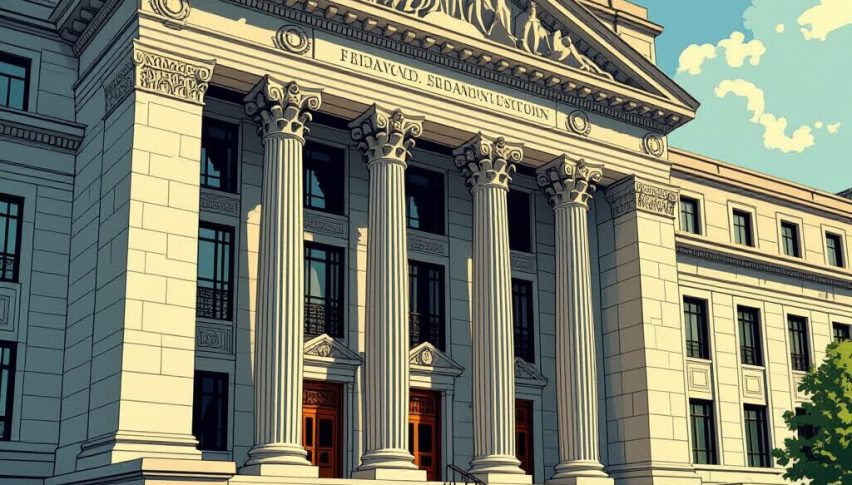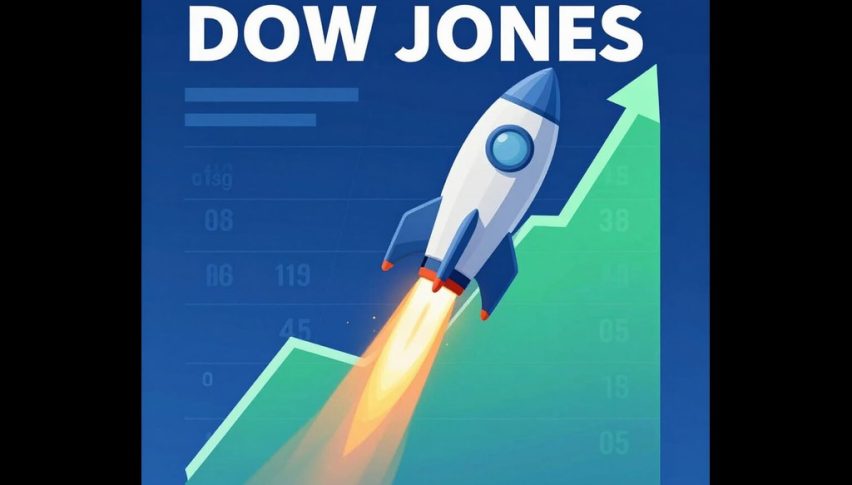Federal Reserve Decides to Wait on Rate Cuts; Stock Market Dips
Stocks dipped on Wednesday as they reacted to the news that there would be no Federal Reserve interest rate cut for now.

Quick overview
- The Federal Reserve announced it would not cut interest rates, disappointing investors despite expectations.
- The stock market declined, with the S&P 500 falling 0.12% and the Dow Jones dropping 0.38%, while the Nasdaq saw a slight increase.
- The Fed's decision is influenced by persistent inflation and concerns about triggering a recession.
- Market speculation and high stock valuations have raised fears of a potential economic bubble.
It came as no surprise on Wednesday when the Federal Reserve announced that they would not be making any interest rate cuts, but investors are still disappointed.

The Fed held steady on current interest rates this week, marking more than six months since the last cut. The stock market reacted with a noticeable downturn, specifically on the Dow Jones and S&P 500 indices. The Nasdaq climbed 0.15% by the end of trading Wednesday.
The S&P 500 fell 0.12%, and the Dow Jones dropped 0.38% as markets responded to the news. It was expected that the Fed would stick with the current interest rate, but there was some hope that they would drop the rate. Now, credit card interest rates and mortgage rates will remain high. The upside is that inflation will not be driven up by this decision and will have a chance to come down some more. Savings accounts will also be able to earn better returns with this decision compared to how they would function with a rate cut.
Why No Fed Rate Cut?
There are a number of factors that contributed to the Federal Reserve’s decision to keep rates steady. Chief among those is the stubborn inflation rate, which has failed to drop for months, and the Federal Reserve has announced that that are trying to wait for a lower inflation rate before they institute an interest rate cut.
The White House has put pressure on the Fed to issue rate cuts, but Chairman Jerome Powell has been vocal against giving into that pressure when it could trigger a recession. The Federal Reserve has been accused of moving too slowly and of being overly cautious. After all, many stocks are higher than they have ever been, but the Fed is obviously worried about moving the United States economy any closer to a recession.
Earlier in the year, recession fears were very high, particularly when President Donald Trump was involved in a trade war with several key trading partners. The economy has taken a few steps away from imminent recession since then, and the Fed is hesitant to take any action that would increase the risk of recession.
There is the problem of rampant speculation in the market, with the S&P 500 and Nasdaq Composite indices near all-time highs. These two indices have been moving extremely high and extremely fast recently, making gains that would be expected over years in a matter of months. A number of meme stocks and other speculative stocks have shot up in recent months, even though there is no solid earnings data to back up the rise. These events have caused analysts to worry that the stock market and the economy as a whole could be approaching a bubble, if they are not already in one.
- Check out our free forex signals
- Follow the top economic events on FX Leaders economic calendar
- Trade better, discover more Forex Trading Strategies
- Open a FREE Trading Account
- Read our latest reviews on: Avatrade, Exness, HFM and XM


